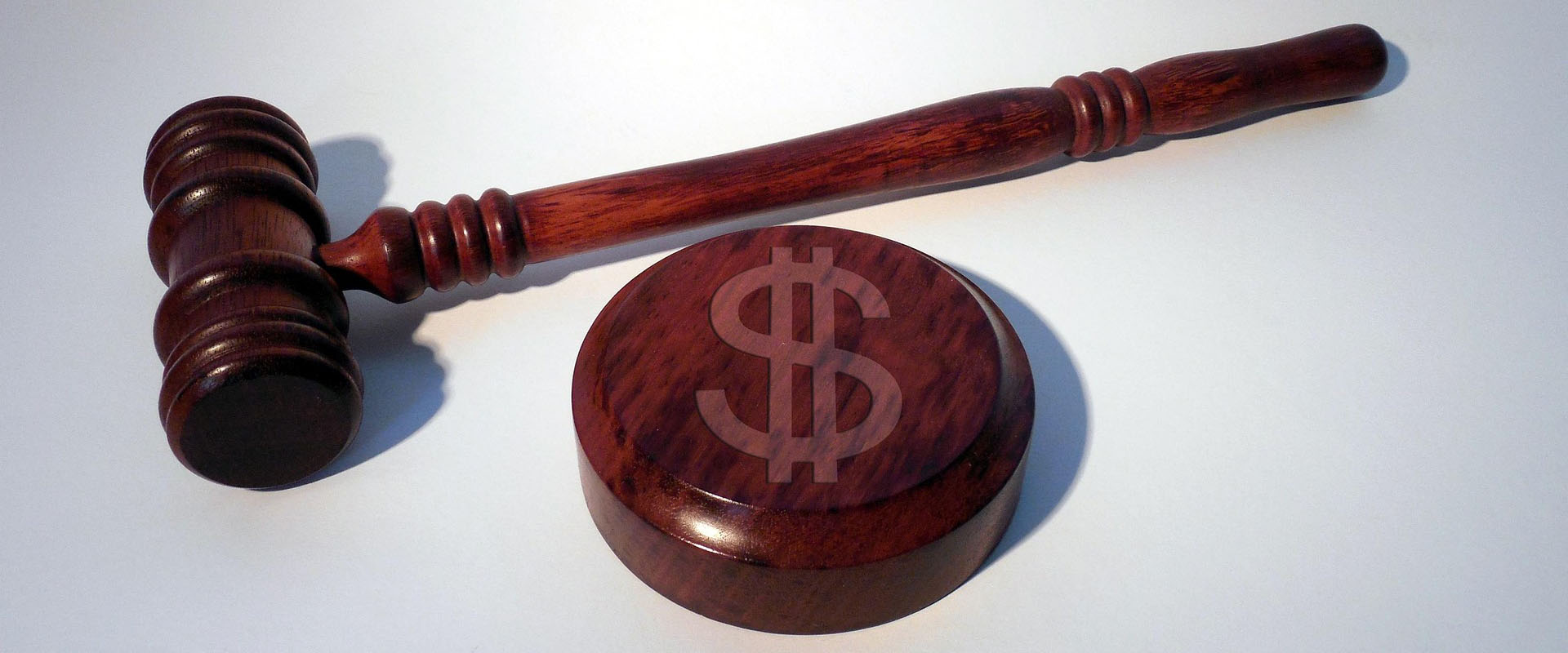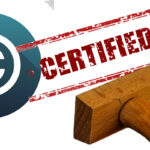Apple’s recent $502 million patent loss in its dispute with Optis Cellular Technology has reignited discussions about standard-essential patents (SEPs) and the obligations of companies under FRAND (Fair, Reasonable, and Non-Discriminatory) licensing terms. This case is of particular interest to Ludwig APC because it underscores the risks associated with patent licensing and the potential consequences for companies that fail to comply with FRAND principles.
The Dispute Between Apple and Optis
The legal battle between Apple and Optis dates back to 2019, when Optis accused Apple of using its standard-essential 4G patents without proper licensing in iPhones and iPads. Optis, a Texas-based entity that primarily holds and licenses intellectual property (IP), argued that Apple had failed to negotiate licensing terms in good faith.
Initially, a UK High Court ruling in 2023 (UK courts have established a reputation for handling global FRAND licensing disputes) awarded Optis $56.4 million, but the UK Court of Appeal later increased the damages to $502 million, citing Apple’s failure to meet FRAND obligations. The ruling also included interest, pushing Apple’s total liability beyond $700 million.
FRAND Compliance: A Key Issue in the Apple Verdict
A crucial aspect of this case revolves around FRAND licensing principles, which ensure that SEPs—patents that cover inventions that another product relies on to comply with an industry-wide technology standard such as Wi-Fi, 4G, 5G, or USB—remain accessible to all companies needing them. When a patent is deemed standard-essential, its holder must offer fair, reasonable, and non-discriminatory licensing terms, preventing monopolization of critical technology.
Apple’s dispute with Optis highlights the risks of non-compliance, as courts are enforcing equitable licensing terms more aggressively. The ruling strengthens the positions of SEP holders, reinforcing that negotiating below-market rates or delaying fair agreements can lead to litigation and financial penalties. In the U.S., FRAND enforcement is primarily based on contract law, meaning courts assess whether companies negotiate licensing agreements fairly.
The Court of Appeal’s Decision
The Court of Appeal’s ruling was a significant setback for Apple, as it upheld Optis’s claim that Apple had negotiated unfairly and failed to comply with FRAND licensing requirements. IPWatchdog reports that the court determined Apple’s negotiating strength led some parties to agree to lower rates than what would be considered fair under FRAND principles.
Apple has announced plans to appeal, arguing that Optis is a patent-holding entity that does not manufacture products and primarily seeks litigation-based settlements. However, the ruling sets a precedent that could impact future SEP licensing disputes and strengthen patent holders’ positions in negotiations.
Related Case in US Reinforces FRAND Complexity
While the UK ruling commands headlines, there’s a related, but not quite parallel case in the US, also involving Apple and Optis. Originally tried in the Eastern District of Texas, this case involved five LTE-related patents (patents covering inventions essential to the functioning or enhancement of Long-Term Evolution wireless communication technology—commonly known as 4G). Apple v. Optis resulted in a $300 million damages award to Optis. However, the U.S. Court of Appeals for the Federal Circuit recently vacated both the infringement and damages judgments, citing flawed jury instructions in violation of Apple’s Seventh Amendment rights. As a result, the case remains active as of June 2025, with the Federal Circuit remanding it for a new trial to reassess infringement, reconsider the validity of certain patent claims, and address unresolved FRAND licensing issues.
Why This Matters to IP Owners
The Apple-Optis case underscores several key issues that IP owners and technology companies must consider:
1. The Importance of FRAND Compliance
Companies using SEPs must adhere to FRAND licensing terms to avoid costly litigation. The Apple ruling demonstrates that courts are willing to enforce fair licensing practices and penalize companies that attempt to negotiate below-market rates.
2. Increased Litigation Risks
Patent holders are becoming more aggressive in enforcing their rights, particularly in cases involving wireless technology and telecommunications. Companies that fail to secure proper licensing agreements may face substantial financial penalties, as seen in Apple’s case.
3. Global Implications for SEP Licensing
The ruling could influence SEP licensing disputes worldwide, particularly in jurisdictions where patent holders have struggled to enforce fair royalty rates. It may also encourage more patent holders to pursue litigation rather than settle for lower licensing fees.
How Ludwig APC Can Help
SEP licensing and FRAND obligations are complex issues. Ludwig APC plays a crucial role in helping clients navigate patent disputes and protect their rights.
1. Negotiating Fair Licensing Agreements
Ludwig APC can help clients secure FRAND-compliant licensing agreements, ensuring that they meet legal standards while avoiding excessive royalty demands.
2. Defending Against Patent Litigation
For companies facing patent infringement claims, Ludwig APC can provide strategic defense strategies, including:
- Assessing the validity of SEP claims
- Challenging excessive royalty demands
- Negotiating settlements to minimize financial exposure.
3. Advising on SEP Compliance
Ludwig APC offers guidance on SEP compliance, helping clients avoid litigation risks by ensuring their licensing agreements align with industry standards.
4. Representing Clients in Appeals and Disputes
For companies involved in ongoing patent disputes, Ludwig APC can provide legal representation in appeals, ensuring that their interests are protected in court.
Let’s Work Together: Global Experience, Personal Focus
Apple’s $502 million patent verdict serves as a critical reminder of the importance of SEPs and FRAND compliance. As patent holders become more assertive in enforcing their rights, companies must take proactive steps to secure fair licensing agreements and mitigate litigation risks.
For businesses navigating SEP licensing challenges, Ludwig APC offers expert legal guidance, helping to ensure they remain compliant, protected, and prepared for potential disputes. Contact Ludwig APC today at (619) 929-0873 or consultation@ludwigiplaw.com to arrange a free consultation to discuss your needs.



